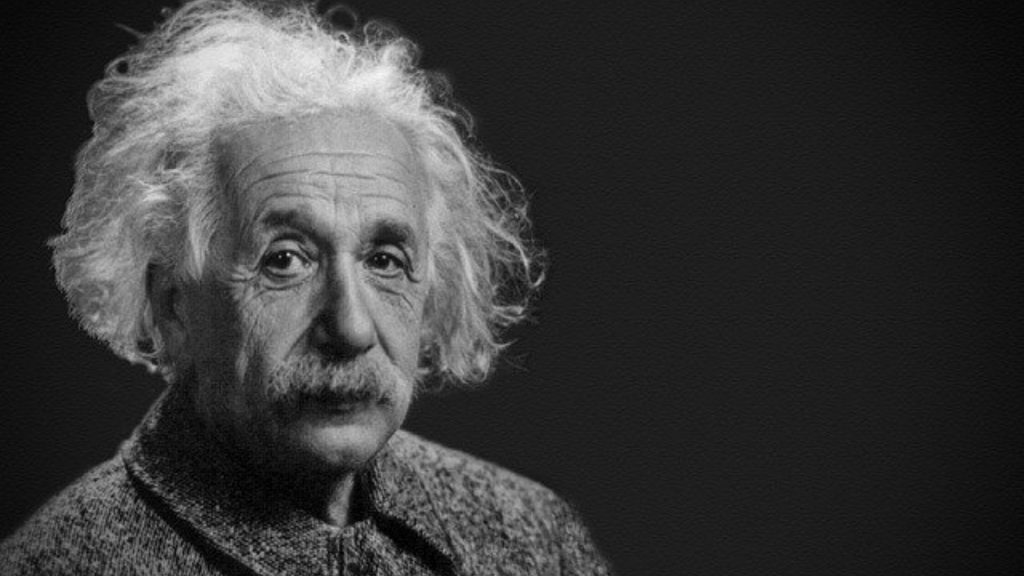
A wonderful Albert Einstein quote illustrates the “relativity” of time passing thusly: “Put your hand on a hot stove for a minute, and it seems like an hour. Sit with a pretty girl for an hour, and it seems like a minute. That’s relativity.” And you know what? In describing real time, he’s absolutely right!
When it comes to most time management systems, they go by time as dictated by a clock. The problem with relying on clock time is, you don’t perceive the passage of your day in lock-step with hands of your timepiece. How fast or slow time elapses for you is completely different depending on the activity you’re doing. In acknowledging this, you have the opportunity to change your approach to time management and get things done!
First things first: Take the first 15 or 30 minutes of your day to plan. Without a time plan, your day hasn’t officially started — consider it the most important 15 minutes you’ll spend on any given morning. When you’re plotting out what needs to get done, remember that to-do lists are difficult to manage. Instead, assign calendar blocks to each of your tasks, including both start and end times for them. Then have the discipline to keep those appointments.
While planning, keep in mind the disconnect between clock time and real time. In knowing that some activities will feel slower or faster, it’s up to you to calibrate how long different tasks will actually take. And don’t forget about focusing on what’s important. Generally, 20 percent of your actions will produce 80 percent of your results.
Lastly, don’t forget about the energy suckers that eat up a lot of clock time. Everything from social media, to email, to people stepping into your office to ask questions. Block out stretches of time where you work without distractions of any sort. Keep it up, and you’ll amaze yourself at how much control you really do have over your time!


You must be logged in to post a comment.